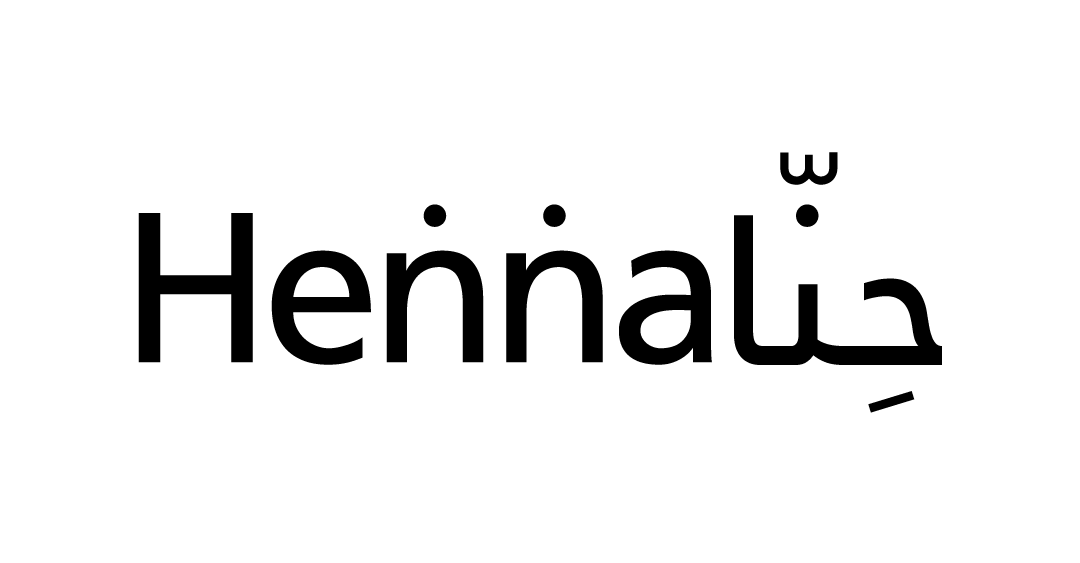
Dismantling the Romantic Image About Canada
Murad Shawkat
It is understandable how one becomes swooned by a narrative that romanticizes Canada in all its glory, basking its relative liberal values. However, it is more exciting and valuable to consider Canada through a lens of political demystification. After all, all national narratives across the globe deserve demystification.
Contextualizing what it means to be Canadian and the responsibilities that status brings is a question that deserves getting explored in a dignified and thorough manner. The implications of this exploration potentially affect what Canada is now and what it can become. Understanding the impact of Canada and what it means to be Canadian critically means evaluating both the national and international policies of the Canadian state and its mainstream political parties. To understand Canada in a universal sense, we must understand it from the perspective of victims of Canadian state policies. The primary contradiction of Canadian identity is arguably the ongoing legacy of settler colonialism.
It is essential to consider the extent to which Canadians today are expected to internalize and reproduce the inherent violence of settler colonialism. Of course, the politics of settler colonialism produces negation to that violence through communities and discourses, despite those who still seek to rebrand and maintain the colonial dominance in local and global politics.
Gaslighting by officialdom and the unethical side of sanctioned state violence affects the minds and bodies of people living in Canada and even abroad. An example of this is how Canadian representatives have an extensive history of voting against resolutions critical of Israel at the United Nations, despite changes the Canadian public may prefer.
A range of theoretical options and movements to tackle these contradictions and how communities organize and heal exists. The meaning of what it means to be Canadian can differ significantly and in important ways depending on who gets to speak. If people in Canada consider ethics an essential aspect of life, to what extent is Canadian foreign policy ethical? For example, why are Canadian mainstream political parties still so hawkish against the basics of Palestinian self-determination, where colonialism against Palestinians still occurs daily?
Gaslighting the victims of settler-colonialism continues to institutionalize severe crimes and horrible abuses. This tension remains built into Canadian nationalism that deserves to be resolved maturely through humanistic thinking rather than tribalism and nationalist mythologies. How Canadian foreign policy treats and denies the fundamental Palestinian needs reveals essential aspects of Canadian politics as a continuity.
The cognitive dissonance of affirming specific liberal values for Canadians at once while negating the rights of entire people and nations living under occupation and in exile must continue to be considered and re-evaluated in mainstream political parties. Such progress requires pressure from below. Preaching liberal values for certain groups while normalizing the exclusionary constitutionalism overseas harms people’s well-being and mental health outside Canada. This contradiction is an important context when thinking of the brand of being Canadian in the world. When will Canadian officialdom begin to rethink its colonial dimensions and overcome the cognitive dissonance of the illiberal-liberal?
Grass-roots communities constantly learn the value of mutual struggle against systemic racism and how oppression gets built into different architectures. Still, it is also essential to understand that these grassroots communities have their contradictions as well. For example, the Arab-speaking world’s revolutionary epochs demonstrate that it will be a challenge to consolidate mutual struggle that meaningfully respects both anti-colonial and anti-dictatorial needs. Also, Canadian grassroots organizing is learning the value of understanding the agency of non-Canadians beyond the prism of geopolitics.
The key to moving forward is not to confuse problems as solutions and vice-versa, for example. Palestinian refugees are the solution, not the problem. Reframing Canadian foreign policy to respect the needs of Palestinian refugees would be a sign of progress and learning from the mistakes of settler-colonialism and is long overdue—Canada’s role in the question of Palestine ties into what it means to be Canadian. The question of colonialism is not one of the abstract terms but also of complicit practices. Canadians are still learning to process the primary contradiction of their status and identity.
Activism demands a realignment of words and values with actions, away from the hypocrisy and double standards of settler-colonial mythmaking. Rather than burden Canadian identity as a custodian of settler-colonial ideologies, the challenge for Canadian identity is to explore moving forward through a dignity-affirming rejection of settler colonialism.




